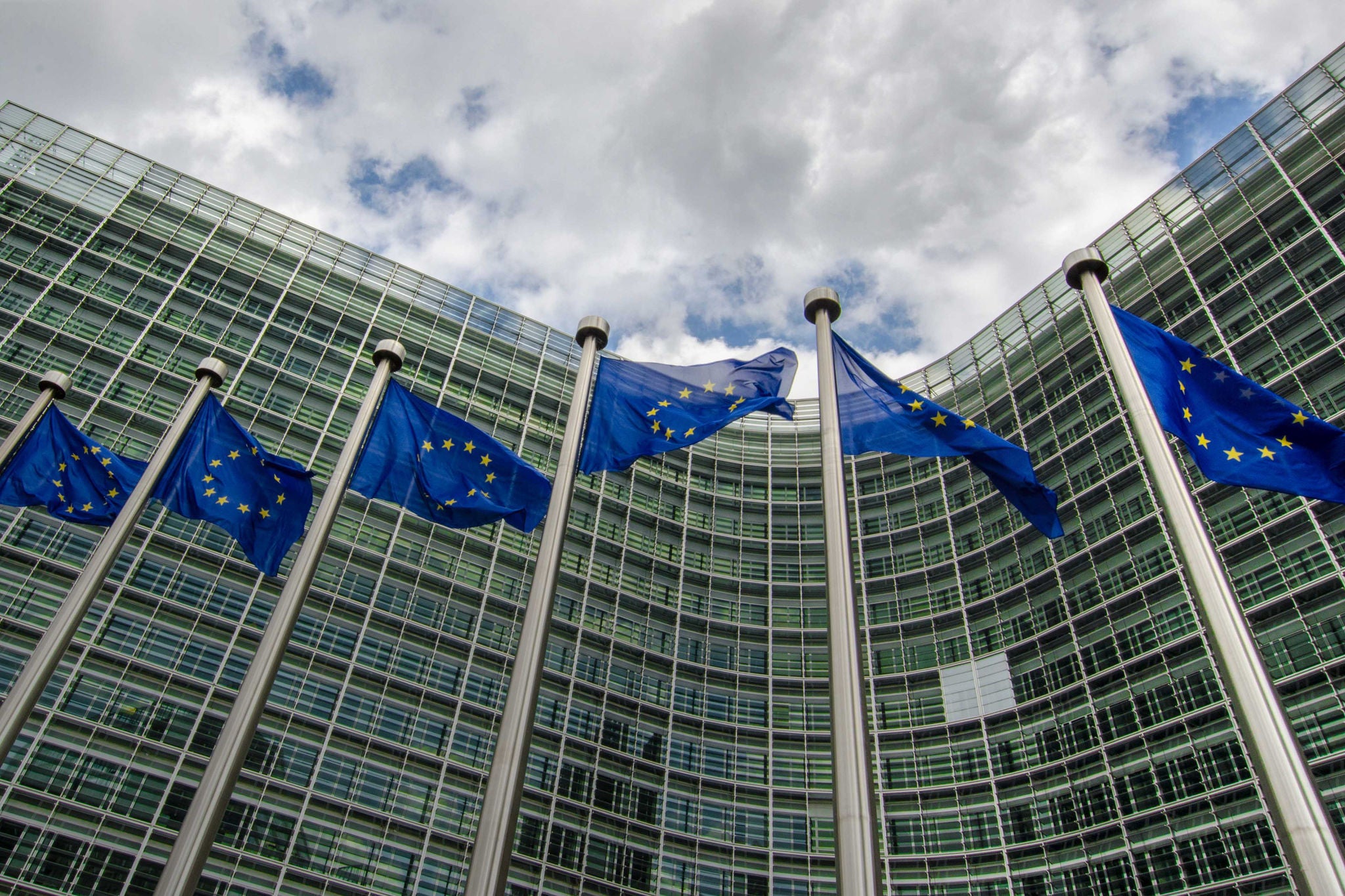EY refers to the global organization, and may refer to one or more, of the member firms of Ernst & Young Global Limited, each of which is a separate legal entity. Ernst & Young Global Limited, a UK company limited by guarantee, does not provide services to clients.
How EY can help
-
Getting ready for global minimum taxes: EY can help you evaluate the impact on your organization and develop a robust, actionable plan. Learn more.
Read more
Know how the Member State applies the Undertaxed Profit Rule (UTPR)
The directive’s UTPR obliges Member States to charge a top-up tax on low-taxed profits of other jurisdictions. This is a fallback provision in case low-tax profits are not addressed by domestic top-up taxes or an Income Inclusion Rule (IIR) and it also applies to low-taxed profits in non-EU jurisdictions. Member States can choose whether they apply the UTPR as a separate top-up tax or as a denial of deductions. A separate top-up tax could theoretically lead to a tax liability which exceeds the group's revenue in the Member State where the tax is charged.
Non-EU jurisdictions have so far taken divergent actions (pdf) when it comes to the UTPR. For example, South Korea has already enacted the rule and decided to apply it as early as 1 January 2024. The UK has released implementation legislation that does not include provisions on the UTPR, but has indicated the intention to implement the UTPR in future legislation. Furthermore, questions have been raised on how the UTPR relates to provisions of the OECD Model Tax Convention and other international obligations. Nevertheless, the current reality is that Member States remain obliged to implement the UTPR under the directive. It will therefore be essential for businesses to understand the timing and design of UTPR implementation for every Member State in which a business has presence. This allows businesses to better anticipate potential impacts on their tax position.







